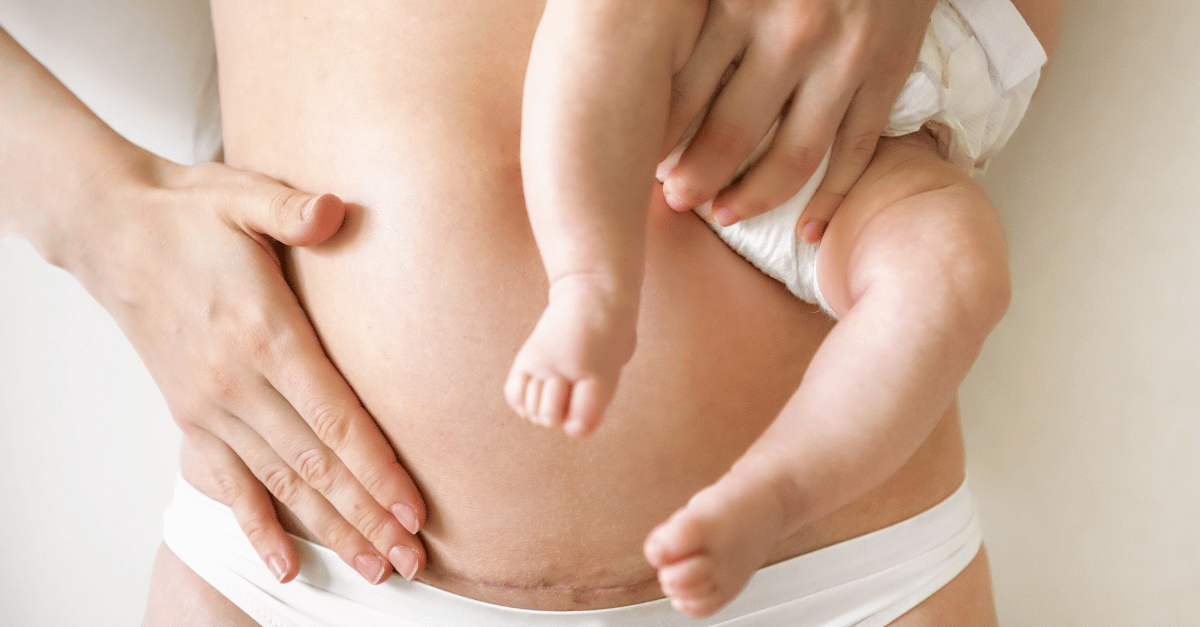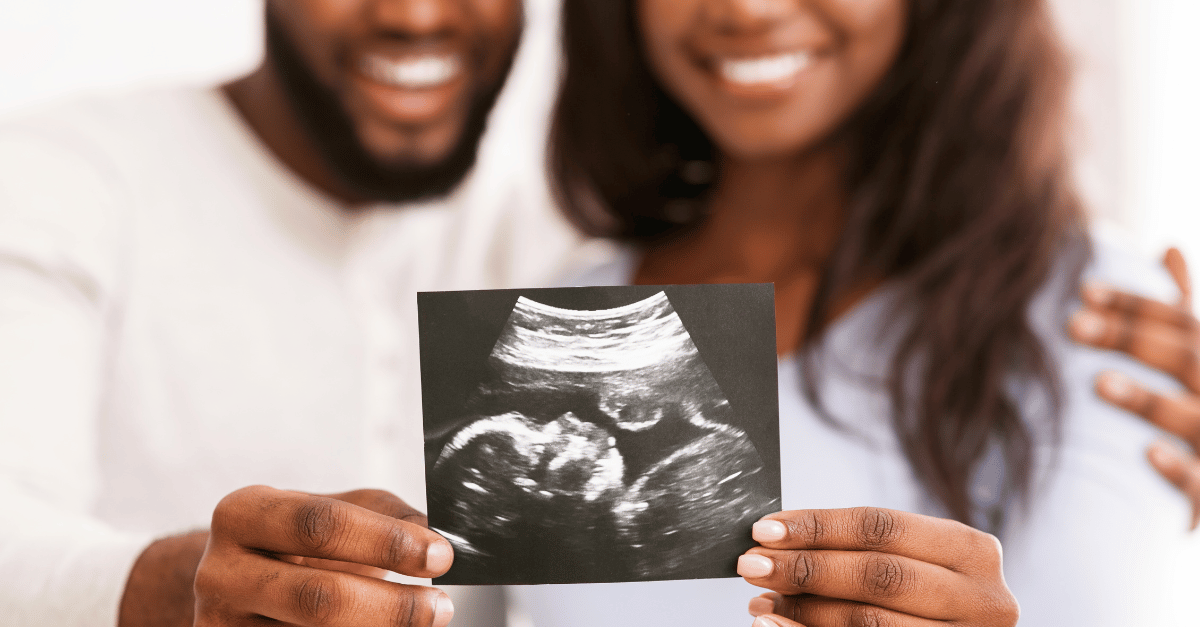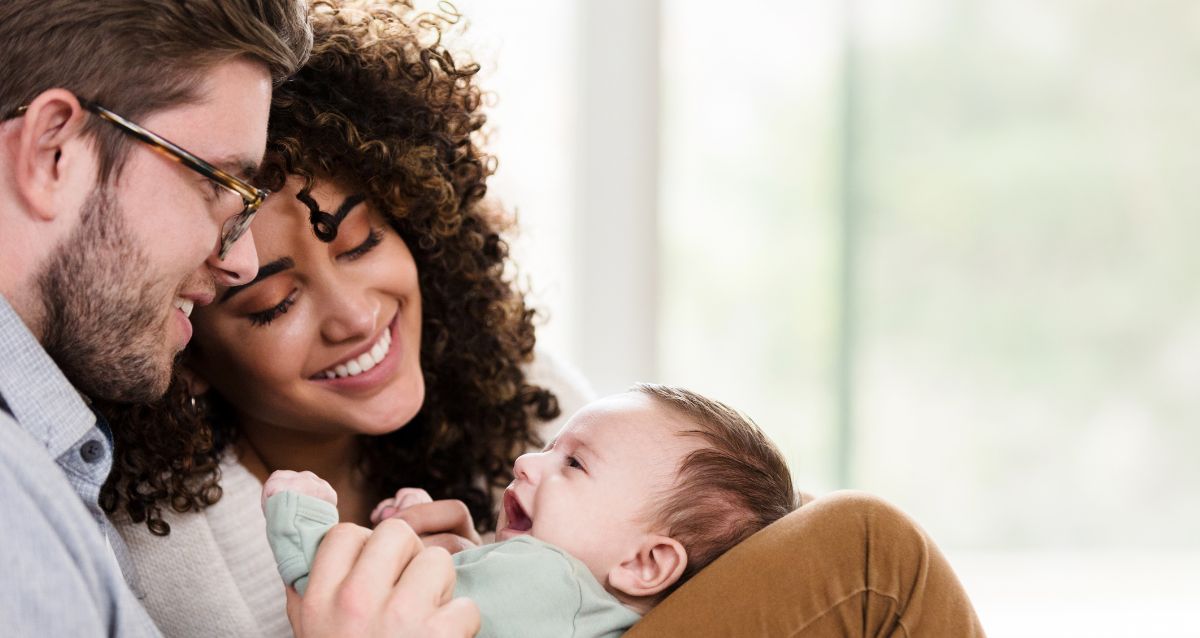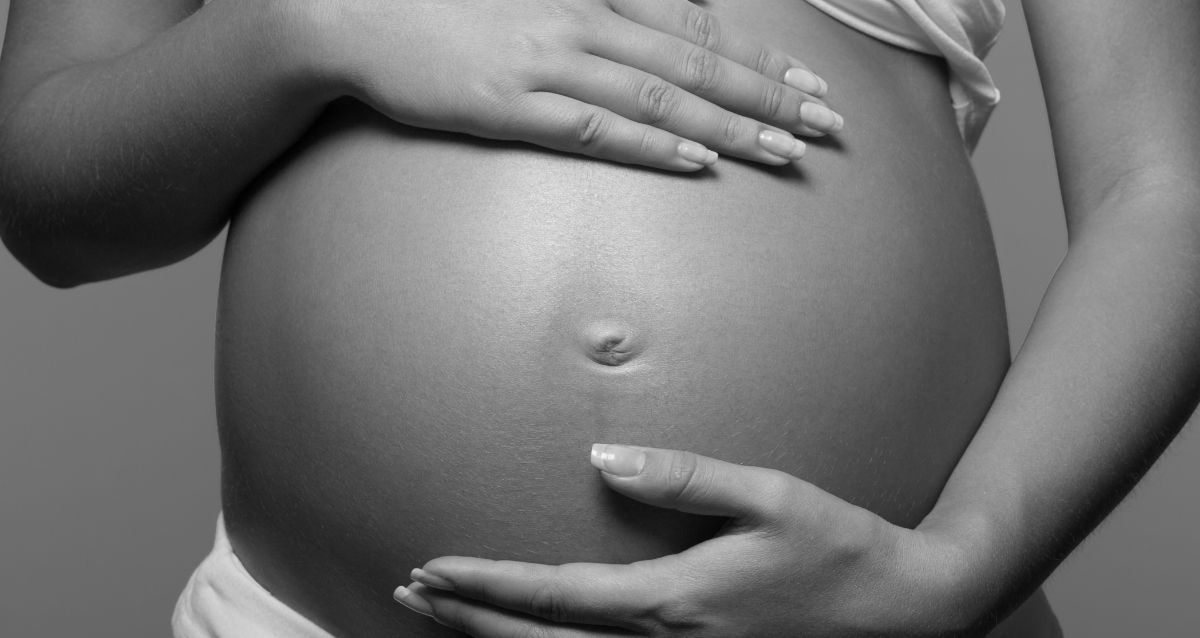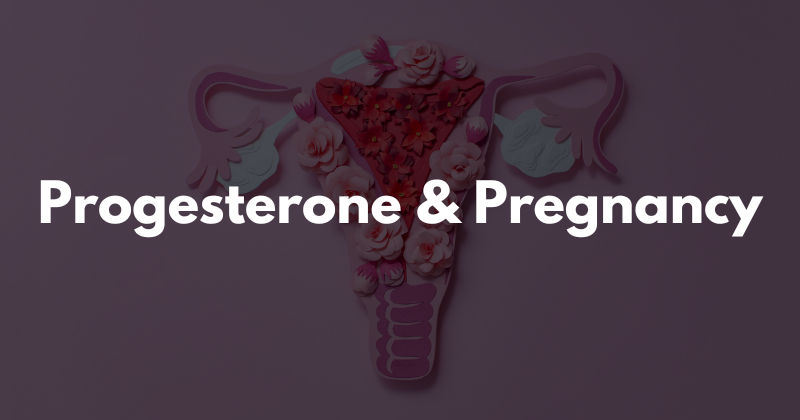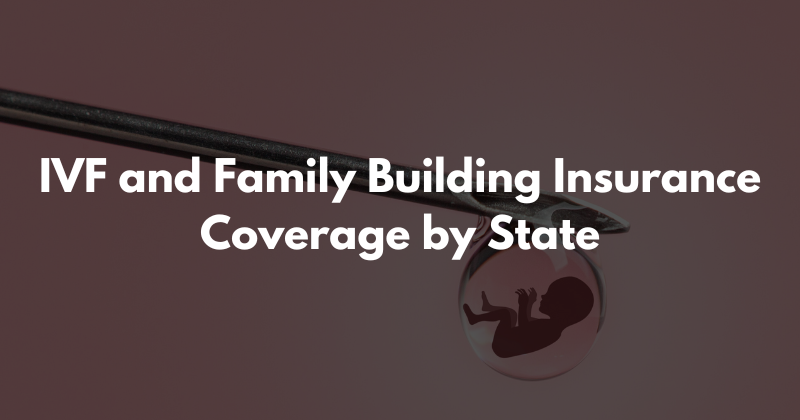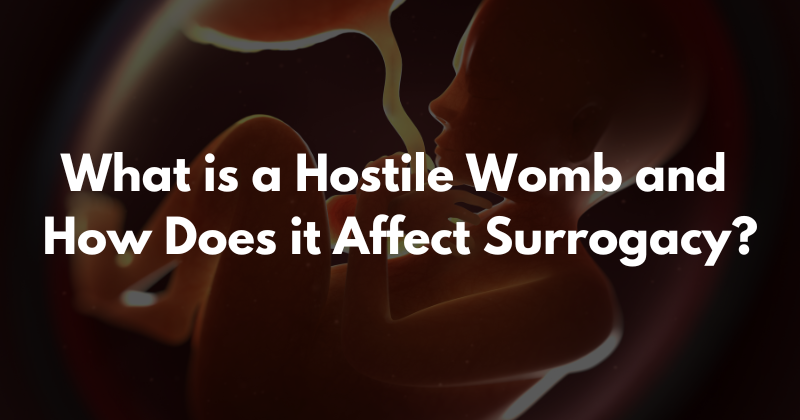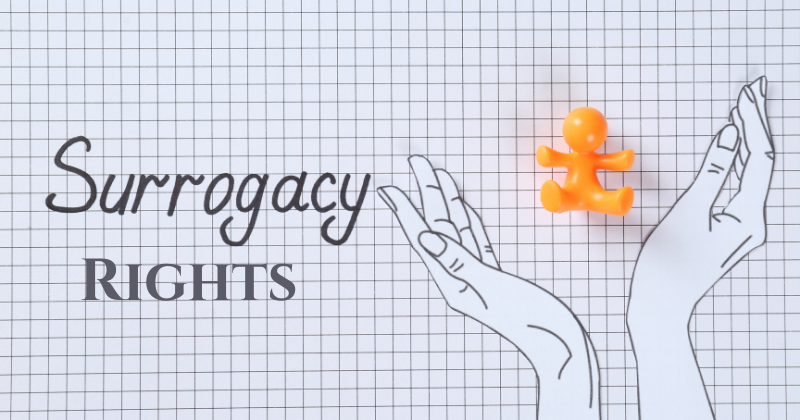The short answer is, “Yes.” The long answer is “It Depends.”
Short Answer: Yes!

C-sections are increasingly more common. Roughly 1 in 3 births in the U.S. are C-sections, according to new data, well above the 10-15% rate that the WHO considers “ideal.” By the numbers: The national C-section delivery rate increased in 2023 to 32.4%, up from 32.1% in 2022, according to provisional CDC numbers. [1]
Many women who have had C sections continue on with the rewarding journey of being a surrogate. The key factor is the overall health and readiness of the uterus to carry another pregnancy safely.
Long Answer: It Depends

Multiple C-sections may increase the risk of complications during a surrogate pregnancy (3). Other previous surgeries, such as a tubal ligation, may not impact your ability to become a surrogate.
If you have not had a C-section or have only had one, here are additional surrogate mother requirements to consider:
- Be between the ages of 21-40
- Maintain a healthy weight with a body mass index (BMI) in a healthy range
- Have successfully carried at least one pregnancy to full term
- No major pregnancy complications such as high blood pressure, gestational diabetes, or preterm labor in prior pregnancies
Intended parents may also have their own set of requirements for surrogate mothers. Fertility clinics will also review your medical history to ensure you are a good candidate for surrogacy.
Screening Process for Surrogates
The screening process for surrogates is designed to ensure a healthy pregnancy and reduce the risk of serious complications.
Fertility specialists will review your medical records, including details of previous C-sections, vaginal births, and overall reproductive health. They will also assess factors like your uterine lining, regular menstrual cycle, and any history of high blood pressure or gestational diabetes to confirm your readiness to carry a child.
At Creative Love, we go beyond the physical assessment, offering emotional support to make sure you’re fully prepared for all aspects of the surrogacy journey.
We’re here to celebrate you, guide you, and uplift you as you help bring new life into the world!
Health Risks of Becoming a Surrogate After a C-Section:
Having had one or two C-sections does not automatically disqualify you from pursuing surrogacy, but multiple C-sections may increase health risks like preterm labor, low birth weight, or even uterine damage.
Additionally, the chances of complications such as high blood pressure or gestational diabetes could be higher.
Intended Parents and the Surrogacy Process:
Both intended parents and fertility clinics often have specific surrogacy requirements for their surrogate mothers.
For example, some may prefer a surrogate mother who has experienced uncomplicated pregnancies in the past, while others may focus on factors like health insurance or previous experience with gestational surrogacy.
Your medical history, including any previous pregnancies or C-sections, does help determine your eligibility for surrogacy.
Understanding the Surrogacy Program:

At Creative Love, we offer a comprehensive surrogacy program. From the initial lab testing and legal contracts to the final embryo transfer, we ensure that prospective surrogates like you are well-prepared and supported.
Whether you’ve had vaginal births or a C-section, we work with specialists to ensure a successful pregnancy and healthy outcome for both you and the developing baby.
Working with Fertility Agencies
At Creative Love, we believe every surrogacy journey is special, and for women wondering can you be a surrogate after a C-section, the answer is often yes!
Our fertility clinics carefully evaluate medical records, including any previous pregnancies or C-sections, to ensure a healthy pregnancy for both the surrogate and the developing baby.
Working with a reputable fertility clinic and understanding all the different considerations is an important step in your surrogacy journey. With the right guidance and support, women who have had a C-section can have a successful surrogate pregnancy and help intended parents achieve their dream of having a child!
Frequently Asked Questions
Can you be a surrogate after a C-section?
Yes, you can become a surrogate after a C-section, but multiple C-sections may affect your eligibility. According to guidelines, gestational surrogates should not have had more than three cesarean deliveries. Your medical records and any history of C-sections will be carefully reviewed by fertility clinics.
How many C-sections can you have and still be a surrogate?
To pursue gestational surrogacy, it is generally recommended that a surrogate mother not have more than three C-sections. This is to minimize the risk of pregnancy complications such as uterine damage or preterm labor.
Do previous pregnancies with complications disqualify me from becoming a surrogate?
Certain complications from previous pregnancies, like gestational diabetes, high blood pressure, or premature birth, may disqualify you. However, conditions like tubal ligation or a healthy C-section might not automatically disqualify you. Each case is reviewed by fertility specialists and reproductive endocrinologists.
What are the medical requirements to become a surrogate?
To meet surrogacy requirements, a surrogate mother must have a healthy BMI, a history of successful pregnancies, no major complications in previous pregnancies, and pass a thorough screening by a fertility clinic. Conditions like endometrial cancer, kidney damage, or having sickle cell disease can impact eligibility.
What is the screening process for prospective surrogates?
The screening process for gestational carriers includes reviewing your medical history, lab testing, and psychological evaluations to ensure a healthy pregnancy. Fertility clinics assess factors like your uterine lining, history of C-sections, and overall reproductive health to determine if you’re a good candidate for surrogacy.
Wendy Arker entered the field of infertility with a huge heart and passion to guild others on their quest to grow their own family after her personal journey with infertility and turning to egg donation and sperm donation to create her own family. Being a single-mother-by-choice, Wendy understands firsthand the unique way families are built. Whether you’re a married couple, single, or LBGTQ, Creative Love is committed to assisting you.


